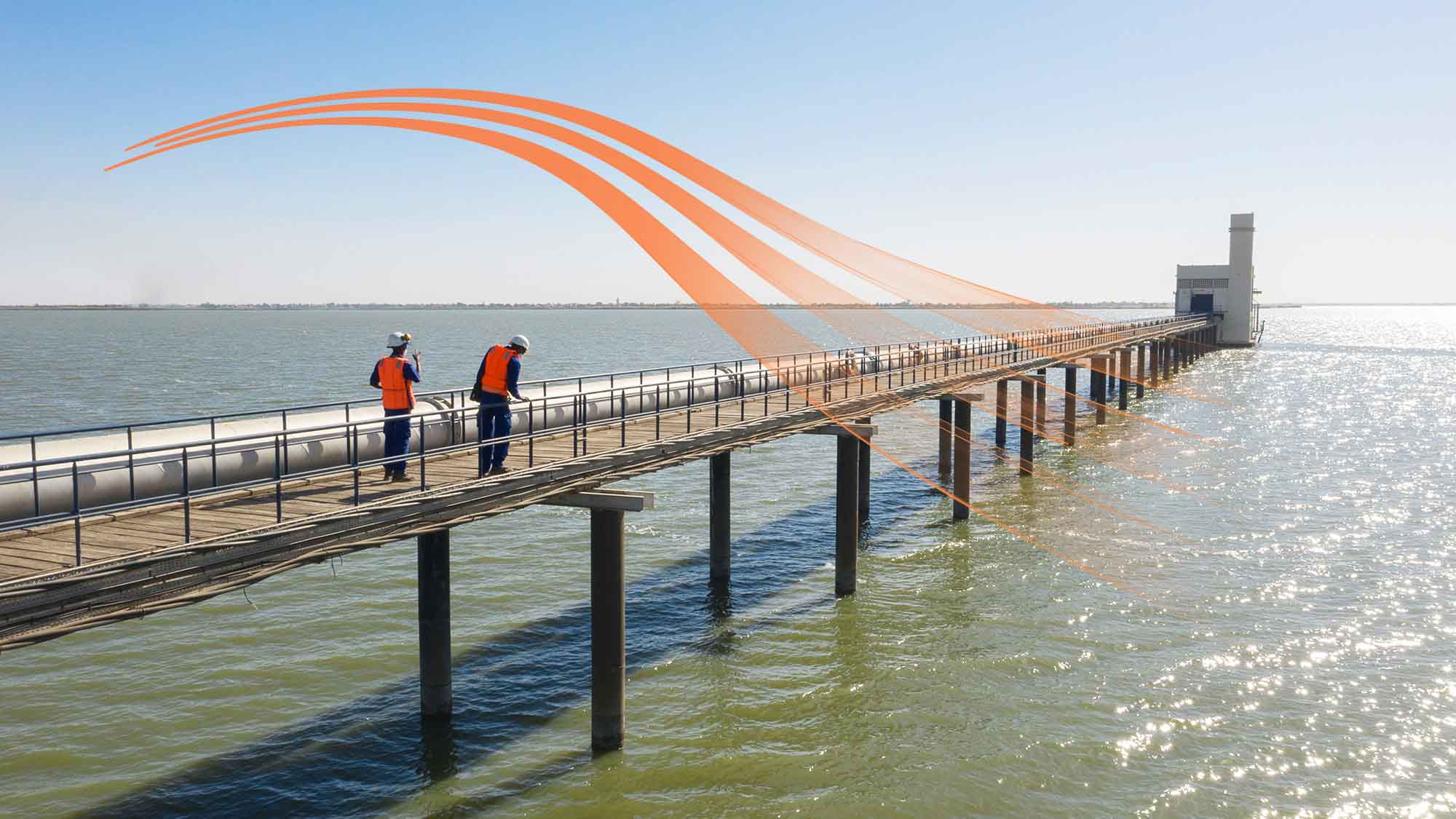SUEZ NWS leverages new industrial water treatment solutions to promote a greener petrochemical industry in China
The International Downstream Water Congress, jointly organized by SUEZ and China National Petroleum Corporation Group (CNPC), was held from 14 to 15 March in Chengdu, China. It gathered over 200 experts and professionals from more than 40 countries, like France, the US, the UK, Italy, Russia, China, Korea, Singapore, Thailand, UAE and India, as well as representatives from partners Solvay, China Huadian, SECCO and more. Participants shared the latest technologies and best practices of wastewater treatment and water reuse for the petrochemical and refinery industry. Officials from the Ministry of Environmental Protection of the PRC and Chengdu municipal government as well as representatives of CNPC and SUEZ were also in attendance.
Declining and volatile crude prices have put the oil and gas sector under financial stress and challenged its future sustainability. Meanwhile, the Chinese government is placing increasingly more emphasis on environmental protection, with the Ministry of Environmental Protection introducing the most stringent regulations on pollutant emissions in the history of China’s refinery and chemical industries. To respond to these challenges, SUEZ NWS, a joint venture of the SUEZ, has developed the most cost-efficient solutions with CNPC. These solutions have been successfully applied by over 10 projects in Dalian, Guangxi, Sichuan, Yunnan and North China. After a decade of collaborative efforts, the wastewater treatment technologies have advanced, enabling safe and reliable discharge which significantly outperforms China’s standards for EIA and discharge. Some solutions are effective in reducing the levels of major pollutants below 50% of the national requirements, making the projects eligible for a 50% reduction in sewage tax under the new environmental law. Not only do the solutions alleviate the environmental impact, but also enable companies to stay competitive and ensure its sustainability, setting an example of green development for the petrochemical sector and industry as a whole.
CNPC indicated, “The global trends that have affected the downstream of the oil & gas sector have created an urge for effective resources management solutions. We are truly delighted to have partnered with SUEZ who brings to China its best-in-class know-how and managerial expert through its subsidiary SUEZ NWS, and combines them with CNPC’s concept of management at source to achieve a worldclass level of wastewater treatment. It has the advantages of reducing its environmental impact as well as maximizing the social, environmental and economic benefits. Building on our success, we are hoping to strengthen the cooperation with SUEZ on chemicals, membranes, R&D, upstream business as well as in overseas projects.”
Christophe Cros, Chairman of SUEZ Water Technologies and Solutions, said, “I take great pride in having successfully applied SUEZ’s industrial wastewater treatment solutions of the highest caliber and quality, and also the most cost-effective in China’s petrochemical industry which have delivered strong results. I hope SUEZ will be able to work more closely with the participants of the congress to strengthen our environmental offerings to Asia Pacific.”
Steve Clark, CEO of SUEZ Asia, commented, “The strong partnership of CNPC and SUEZ has advanced the green agenda of China’s petrochemical industry. It is also my hope that with the same vision we share in environmental protection, our partnership will expand to other activities such as waste and soil remediation, and to again build it into another benchmark in both China and even the international environmental sector.”
Through its subsidiary SUEZ NWS, SUEZ became a major partner of CNPC and CNOOC in 1975. The “embedded WWTP” in Dalian was an exemplary refinery-serving WWTP with compelling social and environmental benefits. It turns waste into resources and changes from a wastewater producer to an environmentally-friendly resources integrator. Among the many benefits are minimized secondary pollution and preservation of ecology and biodiversity in the Bohai Sea, for which the project was named the most innovative project in response to climate change by Comité France-Chine.
